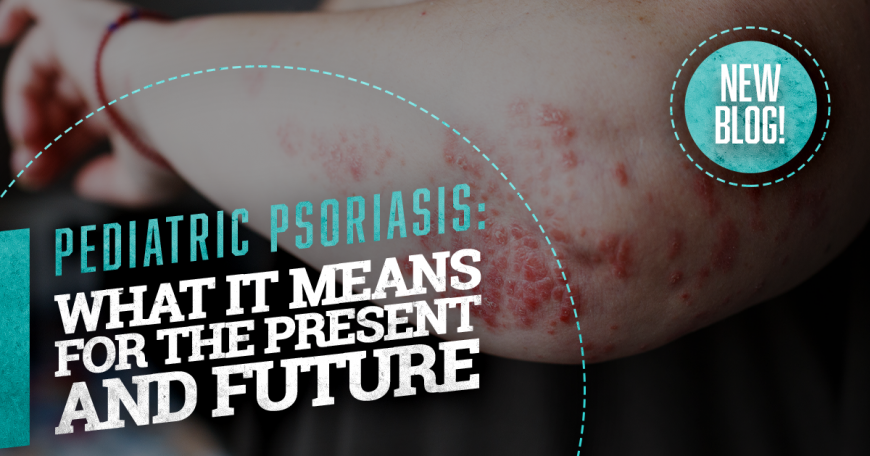
The skin is a barrier that protects, warms, and cools our bodies. When there is an issue with the skin like psoriasis, those functions are compromised, leading to overwhelming physical and emotional effects. According to the National Psoriasis Foundation, an estimated 20,000 American children under the age of 10 are diagnosed with psoriasis each year. Understanding when those itchy red spots need to be examined by a doctor starts with recognizing some of the common symptoms.

Symptoms
Psoriasis modifies the skin renewal process. Usually, the skin cells will mature and die then shed while new skin cells are made underneath, which takes around three to four weeks. Psoriasis causes the immune system to be activated mistakenly, speeding up the life cycle of the skin cells to three to four days. Rather than falling off, the dead cells build up on the surface of the skin, forming thick, red, scaly patches.
The most common form of psoriasis in children is plaque psoriasis. The patches vary in size, number, and can appear anywhere on the body, but typically occur on areas like the knees, elbows, and scalp. They can also be very itchy and sometimes burn. Dermatologists specialize in skin disorders and are the best option for accurate diagnosis and treatment since there is no specific diagnostic test or tool. The dermatologist will examine the affected areas and may take a sample of it to view under the microscope.
Treatments
Psoriasis treatment depends on the severity, type, and area of skin affected. Untreated psoriasis can lead to plaques that continue to build and spread. Minimizing the scaling, itching, discomfort, and inflammation is the goal of available therapies. Topical treatments such as creams, or shampoos, UV phototherapy, oral medications, and injected biologics are some of the choices.
Finding the best way to manage your child’s psoriasis that has the best effect may take some time or require a combination of available treatments. In most cases, many children can achieve symptom relief with the right medication.
In children where effective psoriasis treatment remains out of reach, clinical research is the key. In order to discover how to prevent, improve treatment of, and eventually cure psoriasis, more work needs to be done through clinical research studies. Volunteers participating in clinical trials are the only way these advances become possible.

To learn more about currently enrolling pediatric psoriasis studies at ActivMed click HERE.
